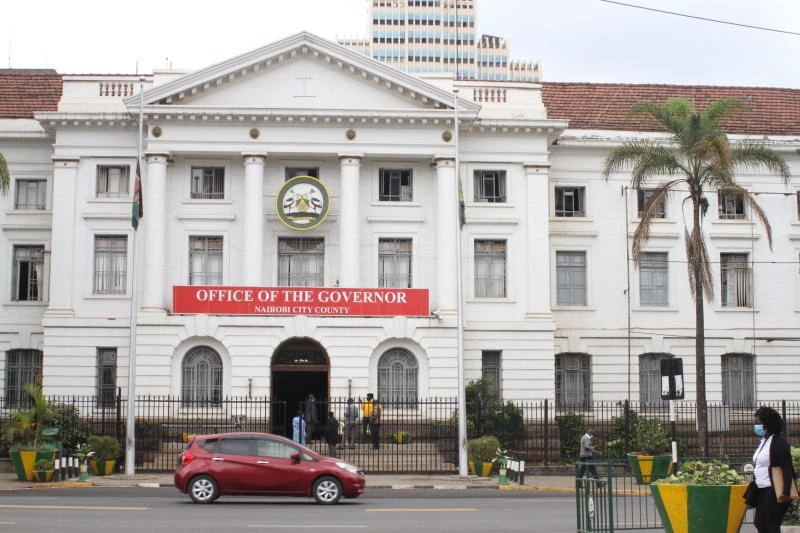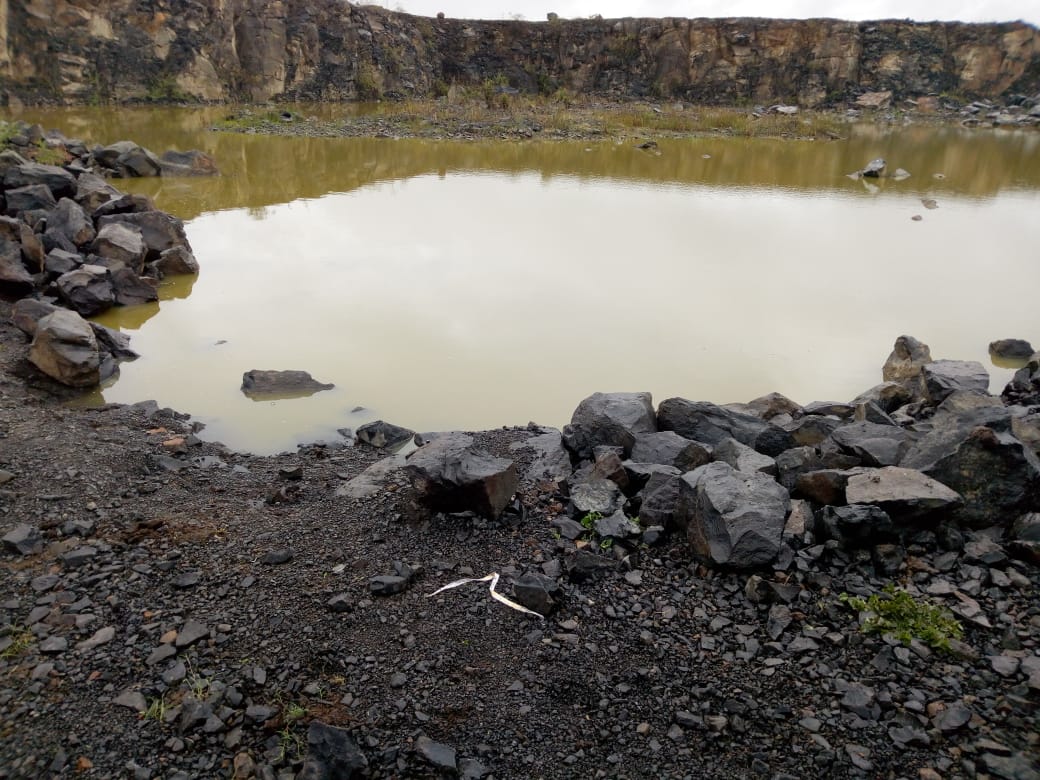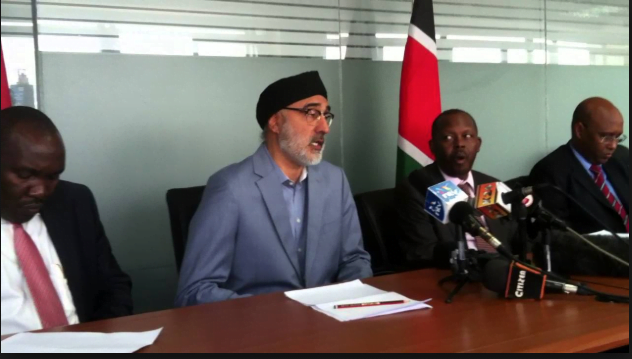Kenya is on the brink of sealing a major financing agreement with the United Kingdom that could transform Nairobi’s transport system. The centrepiece of this deal is the long-awaited Nairobi Railway City—a massive 438-acre project set to reshape the capital’s urban and commercial infrastructure.
This high-level negotiation, led by Prime Cabinet Secretary Musalia Mudavadi, is part of President William Ruto’s broader push to strengthen UK- Kenya relations.
The deal is also expected to fast-track progress on three critical transport projects: Nairobi’s Bus Rapid Transit (BRT) Line 3, Commuter Rail Line 2, and Commuter Rail Line 5.
With the UK under a new government, Kenya is strategically positioning itself to benefit from renewed economic and diplomatic cooperation.
These infrastructure investments not only reflect a stronger bond between the two nations but also serve Ruto’s agenda of driving growth through modern urban development.

UK-Kenya Deals: Final Steps for Railway City and Transport Overhaul
Musalia Mudavadi’s trip to London, officially to attend the Sudan Conference, took on a much bigger mission. Behind closed doors, he led a powerful Kenyan delegation into crucial talks between the Ministry of National Treasury and UK Export Finance (UKEF).
The talks are near conclusion, with UKEF expected to provide billions in financing. Once signed, the deal will pave the way for groundbreaking on Nairobi Railway City, envisioned as a modern transport and commercial hub.
The project is seen as a game changer—designed to reduce congestion, improve mobility, and spark economic activity in and around the city.
According to a statement from the Prime Cabinet Secretary’s office, the agreement brings Kenya closer to realizing a new transport vision. The Railway City will feature state-of-the-art rail and bus terminals, green spaces, shopping areas, and office zones.
But the Railway City is just one part of a bigger picture. Mudavadi is also steering the final steps needed to unlock financing for three other major urban transport projects:
Nairobi Bus Rapid Transit Line 3
Nairobi Commuter Rail Line 2
Nairobi Commuter Rail Line 5
These projects, which have long stalled due to funding gaps, are now gaining momentum under the UK-Kenya deals framework.
A high-level announcement is scheduled for April 28, during a Government of Kenya/G7+ Transport Heads of Mission meeting.
This session, co-chaired by the Office of the Prime Cabinet Secretary and the British High Commission, is expected to confirm Kenya’s readiness to begin implementation.
The meeting will also be a major diplomatic event, highlighting how infrastructure and foreign policy are now deeply intertwined in Ruto’s administration.
UK-Kenya Deals Amid Sudan Tensions
Mudavadi’s visit to London comes during a delicate diplomatic moment. Kenya’s relationship with Sudan has come under fire following reports that Nairobi may host a second round of peace talks involving Sudan’s Rapid Support Forces (RSF)—a militia accused of atrocities in Darfur.
Sudan’s Ministry of Foreign Affairs issued a strong statement, accusing Kenya of turning a blind eye to genocide allegations tied to the RSF.
The Sudanese government also pointed out that Kenya’s earlier decision to engage with the RSF went against warnings from the United Nations Security Council and the African Union.
While Mudavadi has not publicly addressed these claims, his presence in the UK and the timing of the infrastructure negotiations raise questions about whether Kenya is trying to shift focus from regional tension to economic diplomacy.
Observers believe that the Ruto government is working on two fronts—salvaging regional relationships while also securing high-stakes foreign investment to boost Kenya’s domestic agenda.











































